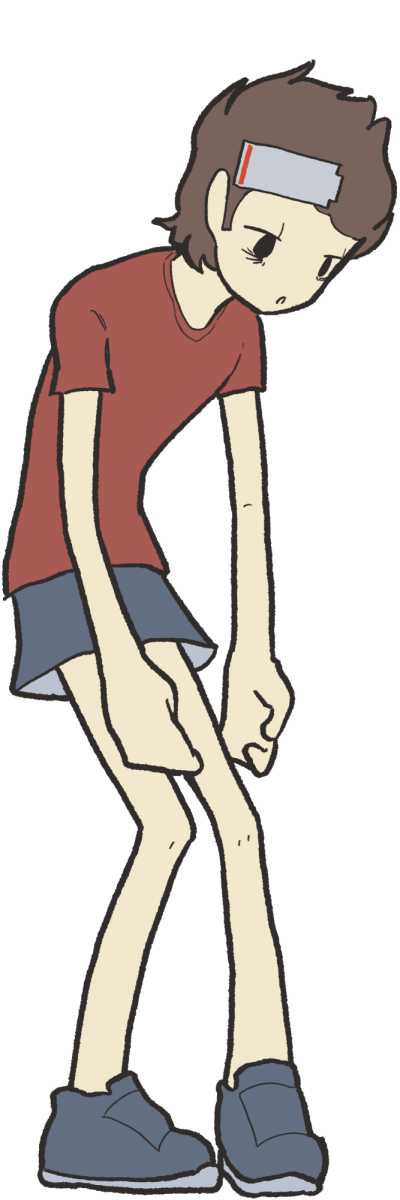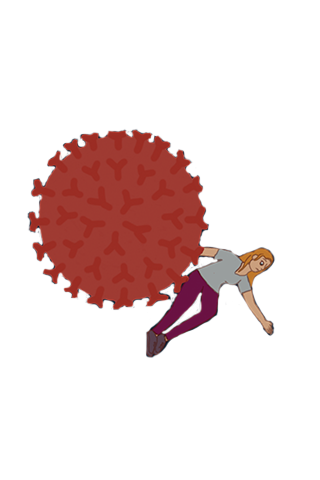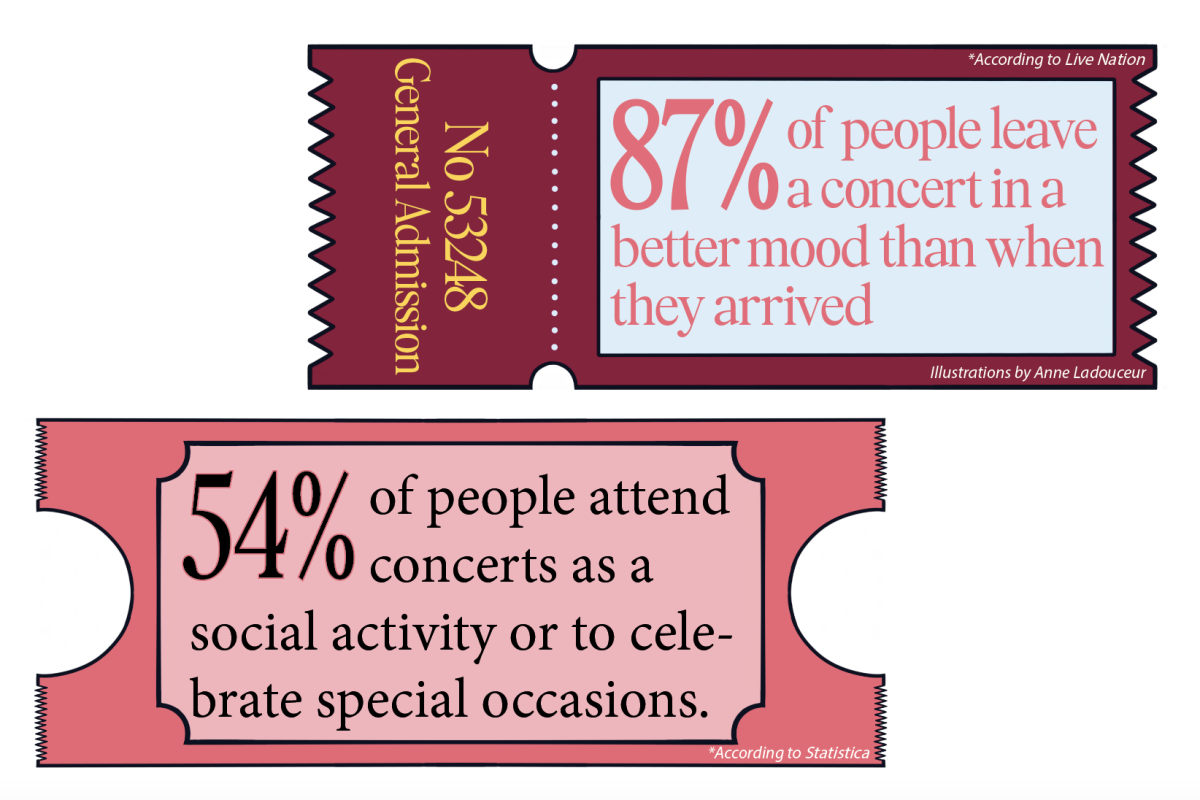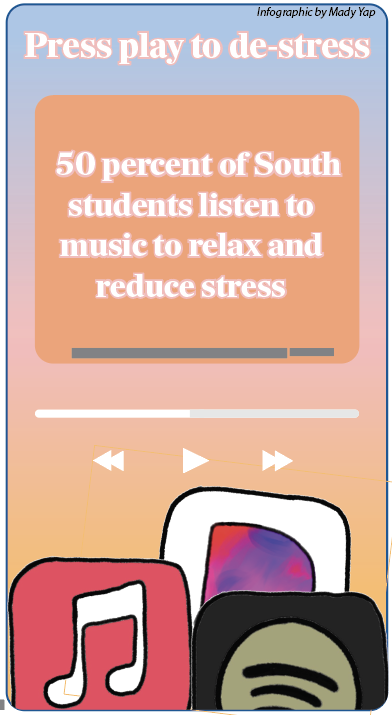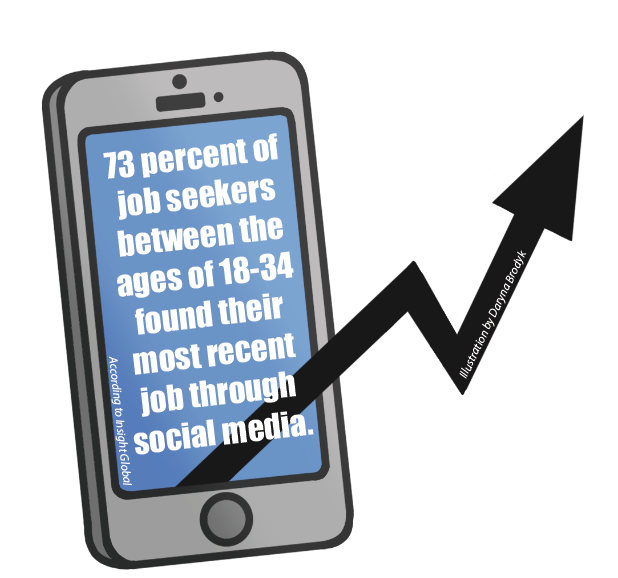“I’m so tired.”
This phrase can be heard in every corner of South, and is part of a teenage epidemic known as sleep deprivation. Sleep deprivation is a condition characterized by inadequate or insufficient sleep sustained over a period of time, according to the Better Health channel.
My sophomore year was characterized by four hours of sleep a night, a far cry from the recommended eight, followed by constant exhaustion throughout the school day. But, I was not the only teen who did not get enough sleep. Sleep deprivation affects over 70 percent of teenagers, the Center for Disease Control and Prevention reported.
This lack of sleep can lead to negative health effects. Sleep deprivation has become an increasingly detrimental ailment that affects high schoolers, and can lead to impaired memory, a weakened immune system, and negative effects on your mental health.
Those in the same boat as my sophomore year self understand that it is difficult to fix your sleep schedule after it has been altered. In fact, it goes against teenagers’ natural internal clock, Psychology Teacher Sejal Schullo said.
“As a whole, adolescent circadian rhythms are geared to be more active later in the morning,” Schullo said. “[Teenagers] are being asked [by adults] to go to bed and wake up at a time that doesn’t feel natural to an adolescent.”
For some, sleep deprivation is the result of an overcommitted schedule. Strike a balance between the things that take up time in your day: schoolwork, extracurriculars, social activities, and more.
It takes a lot of willpower to take that first step in changing your sleep schedule, but as you build it into a habit, it becomes easier to go to sleep earlier.
First, identify your sleep patterns now, and record them for a week. What time are you going to bed and waking up? How many naps do you take and for how long?
If you have trouble falling asleep, Schullo recommends having a “sleep hygiene” routine, taking care of yourself before bed. This can involve putting down your phone for 30 minutes and laying off caffeinated beverages at least four hours before bed, or sleeping in a cooler room while minimizing distractions while sleeping.
Now, as a junior, feeling bright-eyed and truly awake at school is a good feeling.
If you are inspired to sleep a little more, try it. Your future self will thank you.


